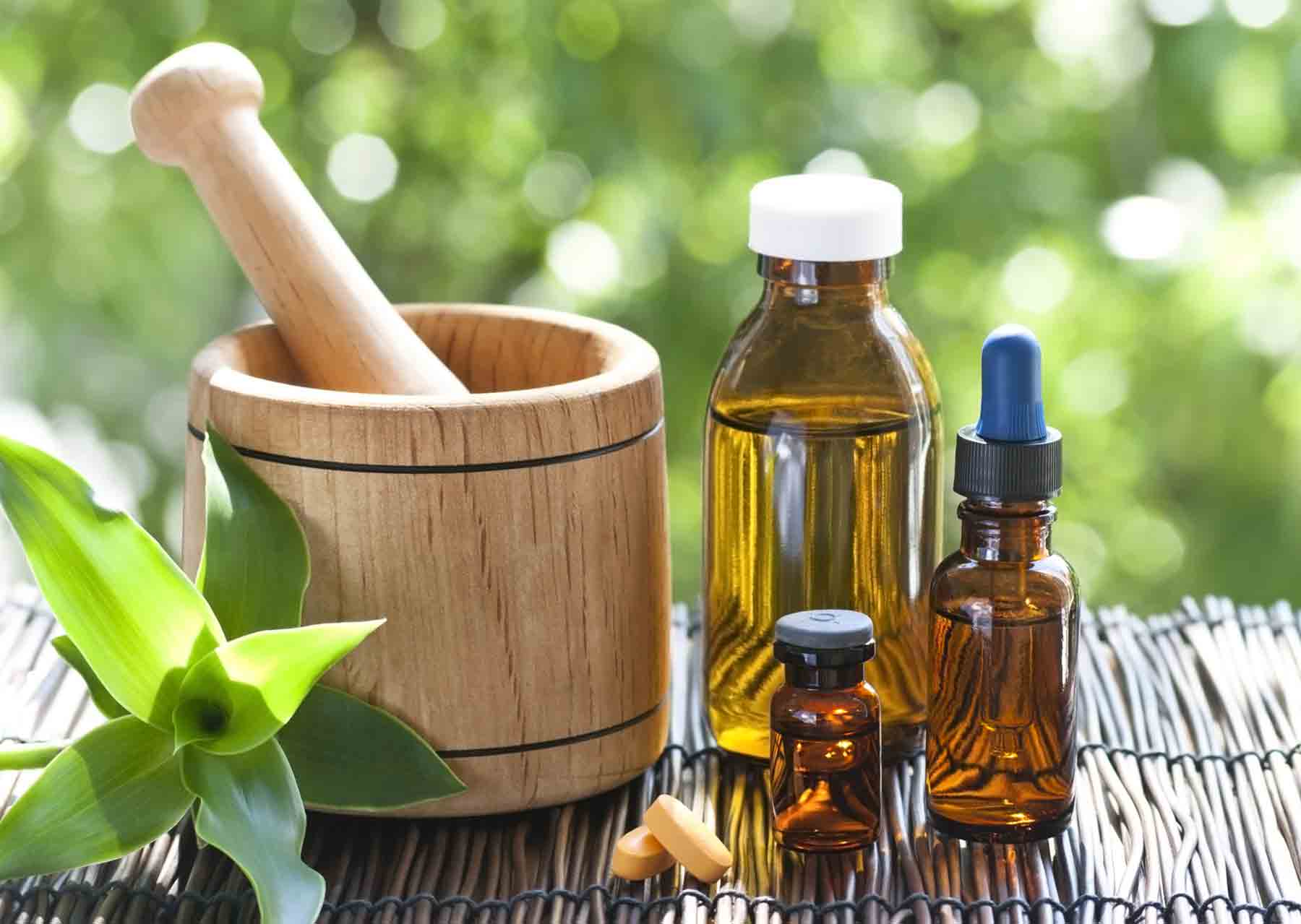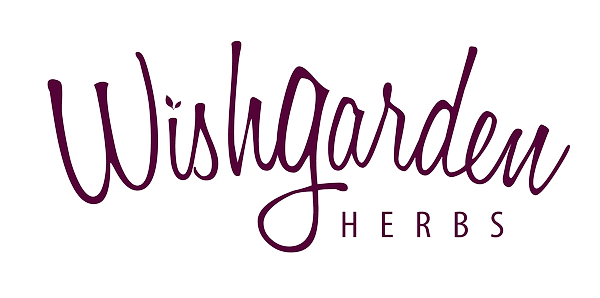
The Health Benefits of Ashwagandha
Written by Dr. Sam MadeiraShare
Summer has arrived in the Pacific Northwest and with the higher temperatures more people can be seen running and cycling outside. As the daylight hours increase, we will be more active and will need more energy throughout the summer months.
According to many traditions, Ashwagandha (Withania somnifera, Solanaceae family) is a perfect herbal support for the 21st century male who desires more energy, stamina, and vitality for exercise and sexual function. Fatigue, sleep struggles, and imbalanced male hormones are common issues and seem to be more prominent these days.
To truly understand Ashwagandha, we need to understand it in the context of Ayurvedic Medicine, where it has been used as an adaptogenic herb for centuries.
Ayurvedic Medicine is an ancient medicine indigenous to India dating back to 1500 BC. Ayurvedic treatments go to the root of the patient's physiological and psychological being, specifically their innate constitution. The goal of Ayurveda is to bring people into their own natural harmony. This goes to the heart of any imbalance and discomfort and once the individual is brought into balance their overall health can be restored. The constitution is treated by treating the main Dosha type with herbs and therapies of opposite elements to its qualities.
There are three doshas. Kapha is the elements of water and earth; Vata is the elements of air and space; and Pita is fire. This is a simple explanation of a complex and intricate ancient system of medicine, where the individual is treated by herbs, nutrition, massage, exercises and other intricate therapies opposite of its elemental constitution.
In Sanskrit, ashwangandha means that which has the smell of a horse, as it gives the vitality and sexual vigor of a horse. The root of Ashwagandha (common botanical name is Indian Ginseng or Winter Cherry) is used in Ayurvedic Herbal Medicine. Ayurveda considers it the main tonic for men, and calls it a "Rasayana," meaning powerful rejuvenation. It is also used as an aphrodisiac, tonic, nervine, sedative and astringent herb. Ayurvedic practitioners prescribe Ashwagandha for men who may suffer from exhaustion, general debility, sexual debility, or restless sleep. In ancient Ayurvedic Medicine it is considered a nourishing and regulating herb of the metabolic processes. It is used in similar ways to ginseng in Chinese medicine. Ashwagandha is a great herb to keep in your medicine cabinet and to take daily to support immune function and stamina.
Ashwagandha and the Research
Ashwagandha is a great immune tonic herb and aids in cases of psychological complaints and supports cognitive function. Other research shows its affinity for support healthy cholesterol levels. In a research group of cyclists, Ashwagandha increased VO2max by 13%, decreased time of exhaustion, and improved energy efficiency and endurance of the cyclists overall.
Safety of Ashwagandha
Ashwagandha (Withania somnifera) can be substituted with Withania coagulans. No true contraindications, warnings or precautions exist for Ashwagandha. However, high doses can cause gastrointestinal upset. A theoretical allergy can exist in individuals whom are allergic to the Solanaceae family (Nightshade family).
References
- Frawley, David & Lad, Vasant. The Yoga of Herbs: An Ayurvedic Guide to Herbal Medicine, 2nd Revised and Enlarged Edition. Lotus Press, Twin Lakes, WI. 2008. P. 10.
- Frawley, David & Lad, Vasant. The Yoga of Herbs: An Ayurvedic Guide to Herbal Medicine, 2nd Revised and Enlarged Edition. Lotus Press, Twin Lakes, WI. 2008. P. 160-161.
- KP Khalsa, AHG. Bastyr University Lecture notes. 2010.
- Sodhi, Virender. Athletic Performance Enhancement with Ayurvedic Supplements. http://ayurvedicscience.com/newsletters/athletic-performance-enhancement-with-ayurvedic-supplements/ (April 1, 2015).
- Mills, Simon and Bone, Kerry. Principles and Practice of Phytotherapy: Modern Herbal Medicine. Churchill Livingstone, NY, NY, 2001. P. 600.
- Mills and Bone. The Essential Guide to Herbal Safety. Elsevier Churchill Livingstone: 2005. P. 631.
Writer Dr. Sam Madeira completed his doctorate degree in Naturopathic Medicine at Bastyr University in 2012. His areas of specialty are botanical medicine, men's health, endocrinology, environmental medicine, and physical medicine. He currently specializes in men's health and bio-identical hormone replacement therapy in Seattle. Dr. Madeira enjoys helping people find their unique path to health.
For educational purposes only. This information has not been evaluated by the Food and Drug Administration. This information is not intended to diagnose, treat, cure, or prevent any disease, or to sell any product.





















